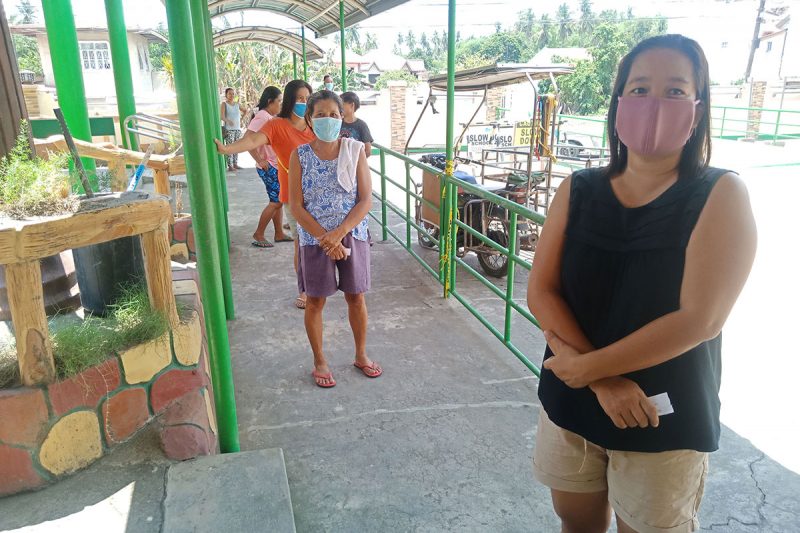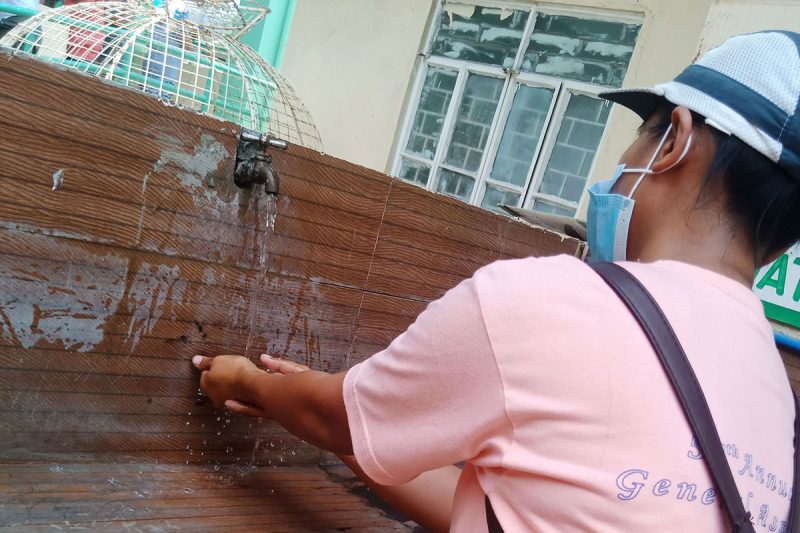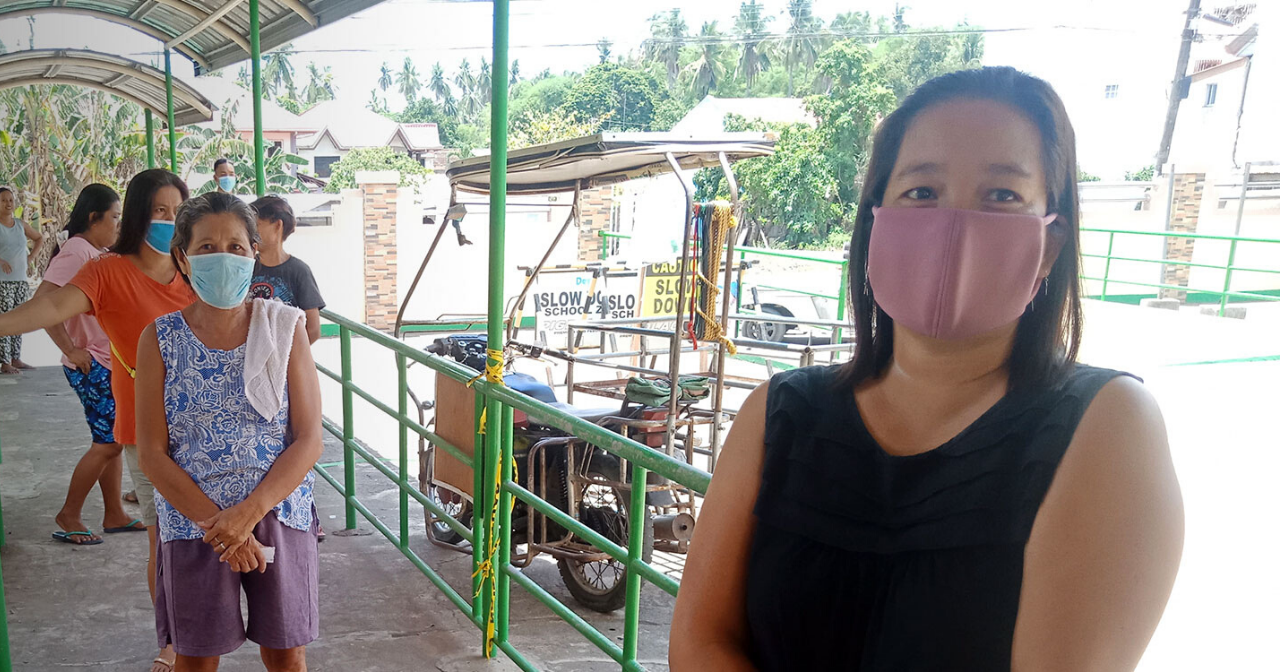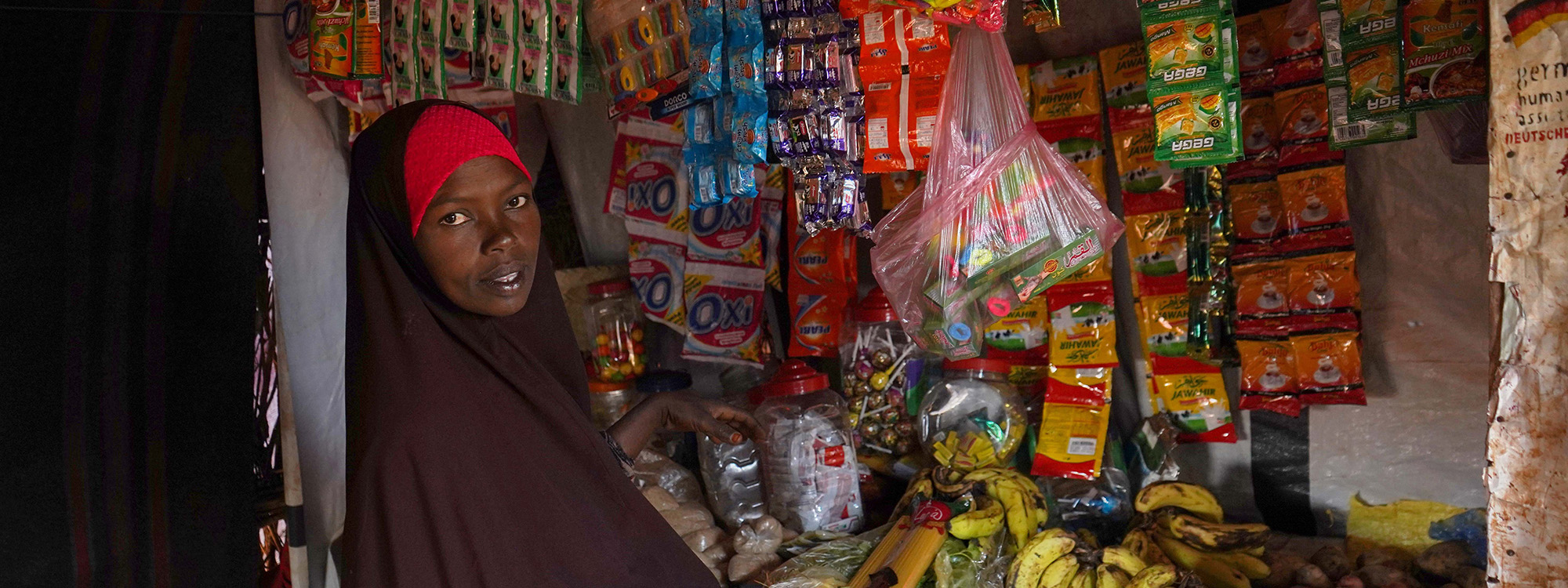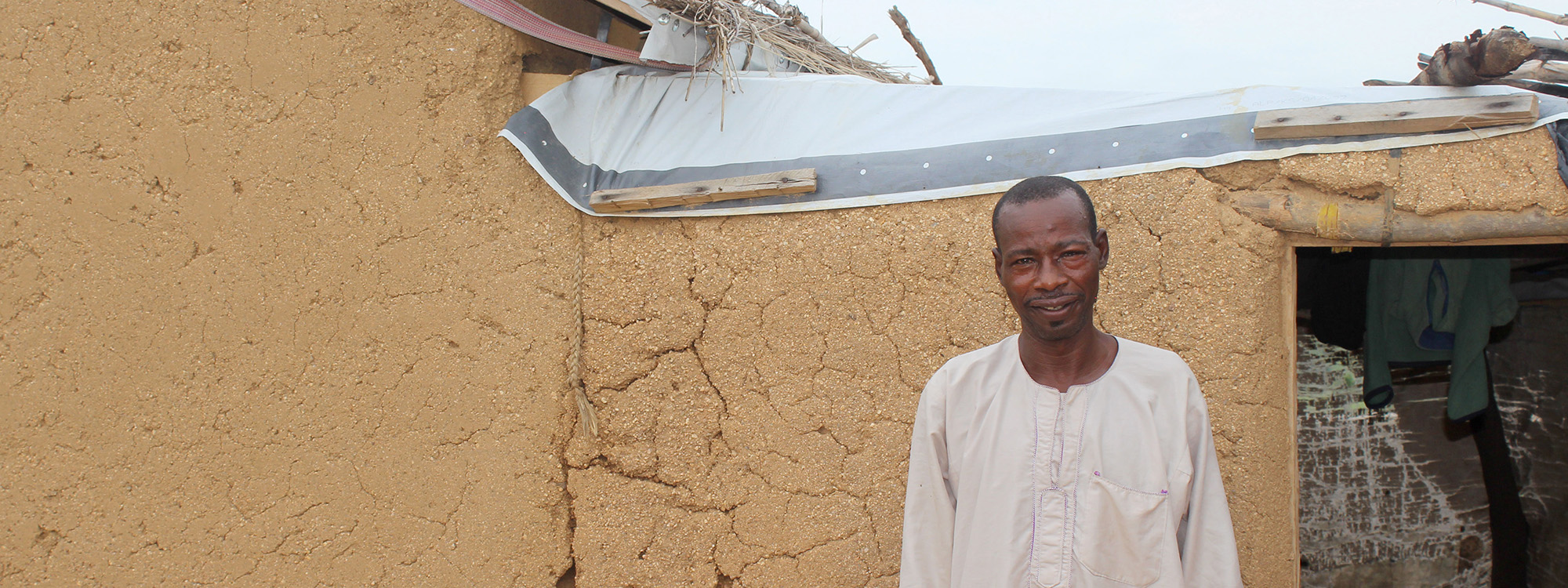
Blog
How Has Our Disaster Response Work Changed During the Coronavirus Pandemic?
ShelterBox Operations Coordinator Rachel Harvey discusses how coronavirus has impacted the humanitarian sector, and how ShelterBox has had to adapt to an ever-changing landscape.
– – –
How do you get aid to the people who need it, when most countries are on some kind of lockdown and large gatherings are banned?
Ask any aid worker what they like most about their job, and they will probably tell you a variation of the same thing: meeting and acting alongside the people we are trying to support. But with international travel impossible for now, that invaluable interaction has for us become impossible.
That doesn’t mean the work stops: it just means we have to get creative. ShelterBox has always benefitted from a global network of partnerships, and those relationships are more important than ever in the era of coronavirus. If we can still get aid to another agency working in a country where the shelter is needed, we are still in business. It’s a model that is working from Burkina Faso to Syria, from Ethiopia to Cameroon, Nigeria, Somaliland, and beyond.
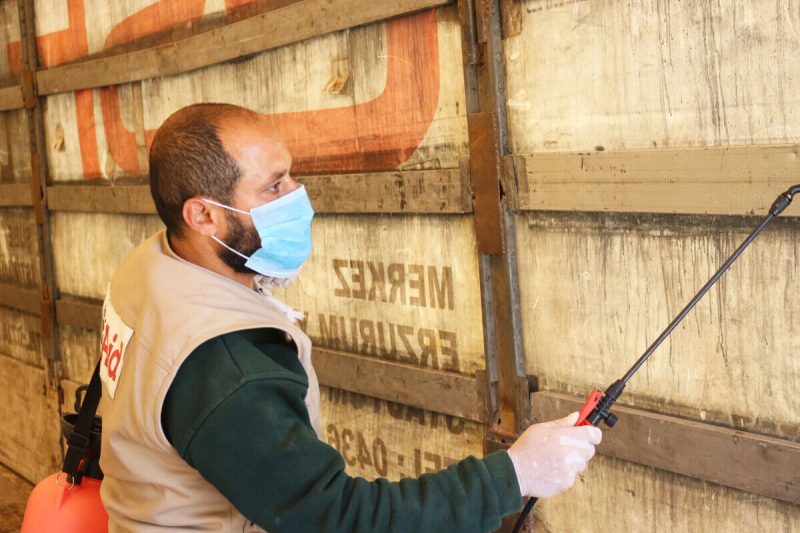
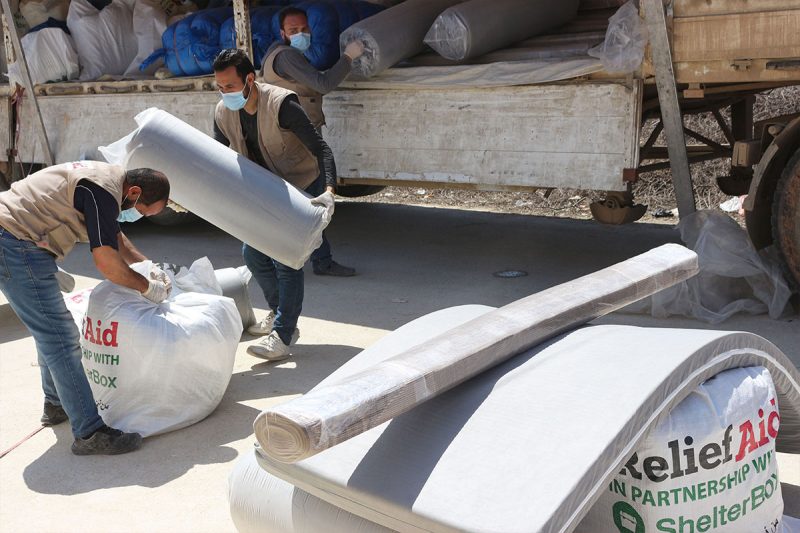
We partner with a variety of government agencies and humanitarian organisations. Some local, some international. The key is to ensure a good fit. ShelterBox is one of the few recognised global specialists in emergency shelter. Over the years we’ve got pretty good at what we do. But we also recognise that we can’t provide everything that communities need to recover from disaster. If another agency has experience with water or hygiene for example, and we can bring the shelter element, then together we are offering a stronger package.
The difference now is that we can’t be there in person to oversee our part of the deal – to ensure the aid gets safely to the people who need it and to demonstrate the best way to use our kit. We are now relying on trusted partners to deliver our aid and, like so many people around the world, we’ve taken other aspects of our work online. We are offering support, training, and advice to our partners remotely. It could be a technical step-by-step guidance document, a filmed training session with top tips for best use of our shelter kits, live chat on WhatsApp. Whatever works.
And there is more than ever to think about. Most countries have imposed restrictions on movement and on large gatherings to try to prevent the spread of coronavirus. That means we need to reduce the number of people who can receive their aid package at any one time and make sure everybody stands a safe distance apart. Sounds straightforward perhaps, but displacement camps for example tend to be cramped, overcrowded places. That is after all why our shelter is needed in the first place! It requires careful management and understanding from all concerned.
Then there are measures to prevent the transmission of the virus during the process of distributing the aid. For example, by providing hand-washing facilities on site and disinfecting all surfaces regularly. And while people wait for their aid items, we can inform them about the best ways to prevent the virus spreading – physical distancing, handwashing, coughing into a bent elbow and so on.
In some cases, we are reinforcing the message by adding extra hygiene items to the aid we offer. In Syria recently, soap and a plastic hand basin were added to the package of emergency shelter, blankets, kitchen sets, and other essentials. We’ve also added soap and hygiene messaging to our project in Ethiopia.
